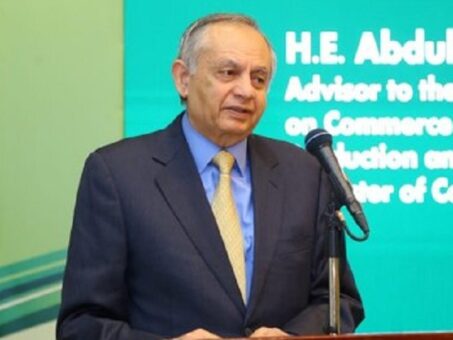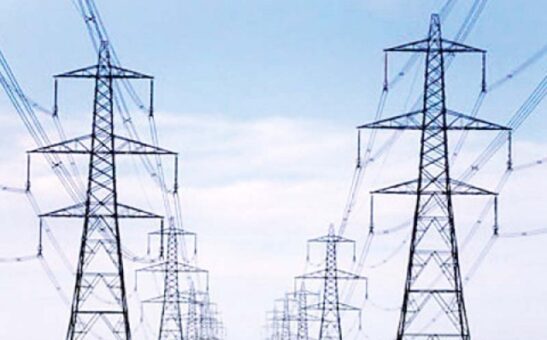KARACHI: Abdul Razak Dawood, Adviser to Prime Minister on Commerce, Industry and Production on Saturday said that the ministry of commerce is planning a comprehensive strategy with the help of Federal Board of Revenue (FBR) to introduce export incentives in the next federal budget 2020/2021.
Razak Dawood was addressing during his visit to Karachi Chamber of Commerce and Industry (KCCI). He said that increase in exports is must for economic growth. The adviser said that the purpose of increasing exports is to boost foreign exchange reserves of the country.
The adviser said that the economy was facing immense challenges a year ago. The economy was facing monthly $2 billion deficit during the period. The present government had taken decisions to improve the economic condition. “These decisions have resulted in shrinking current account deficit,” he added.
The foreign exchange reserves of the country have increased to $18 billion from $11 billion.
He pointed out criticism on five percent growth in exports and rupee devaluation and said that it should be realized that globally exports had declined. He said that Pakistani exports had increased in terms of volume.
Razak Dawood said that exports should be duty and tax free. “In this regard we are planning with the FBR to facilitate exporters,” he added.
He informed that India was allowed duty drawback on around 1,000 items. “If India is granting duty drawback on 1,000 items then we should increase the numbers,” he added.
The adviser said that in the past the country had focused only on five sectors for exports. “We need to identify and increase the number of exportable items.”
He said that businessmen complaining about non-issuance of refunds. “This is not correct. The government has released Rs17.5 billion refunds,” he added. “This month more refunds will be issued to non-textile sector.”
The adviser said that the export of meat and poultry had increased by 54 percent. “We analyzed data and identified the exports of livestock was going to Saudi Arabia and UAE,” he said, adding that around 60 tons sea food products had been exported to China.






